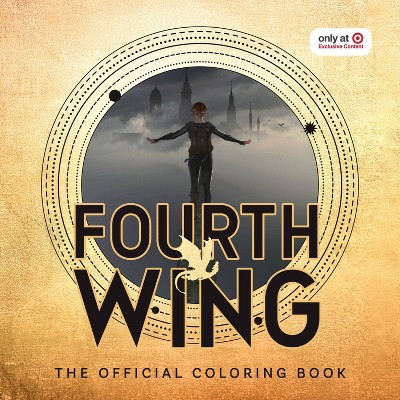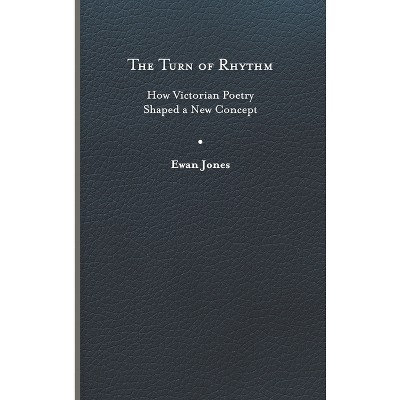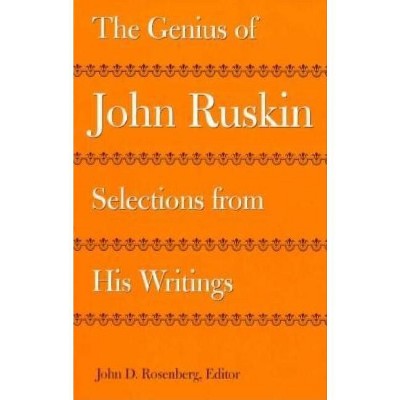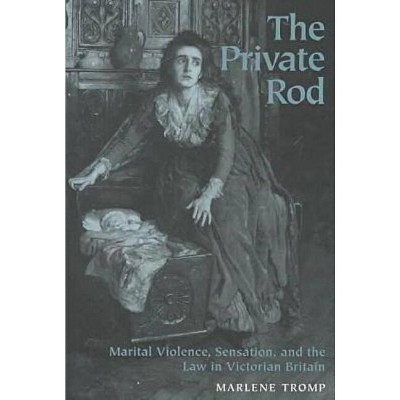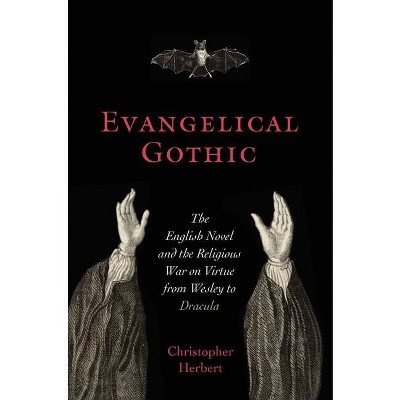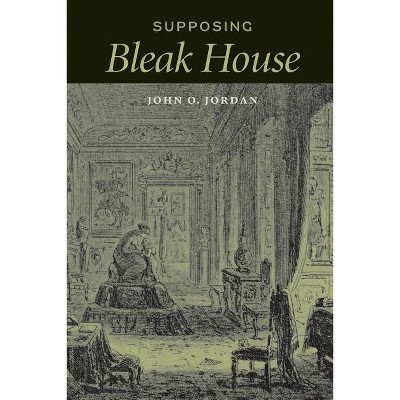The Turn of Rhythm - (Victorian Literature & Culture (Hardcover)) by Ewan J Jones (Paperback)

About this item
Highlights
- Incredibly, until the cusp of the nineteenth century, the word rhythm was not widely used.
- About the Author: Ewan Jones is Associate Professor in the Faculty of English at Downing College, Cambridge University, and the author of Coleridge and the Philosophy of Poetic Form.
- 264 Pages
- Literary Criticism, European
- Series Name: Victorian Literature & Culture (Hardcover)
Description
About the Book
"Engaging with literary, musical, philosophical and scientific thinking, Ewan Jones explores the birth of "rhythm" in the Victorian poetry of Robert Browning, George Eliot, Edmund Spenser, and others. The book demonstrates the vital importance of poetry to disciplines as varied as speech therapy, idealist philosophy, anthropology, and the thermal sciences, as they come to formulate rhythm for the first time"--Book Synopsis
Incredibly, until the cusp of the nineteenth century, the word rhythm was not widely used. It likewise had no cultural connotations. This book traces the complex and overlooked way in which anglophone culture "got rhythm," concentrating on the pivotal role that poetry played in that narrative.
The Turn of Rhythm offers the first book-length study of this distinctively nineteenth-century phenomenon. Ewan Jones uncovers how several nascent discursive fields--ranging from speech therapy to idealist philosophy to anthropology and the thermal sciences--perceived a growing need to conceptualize rhythm, and he demonstrates the centrality of poetry to that development. Poetry actuated states and processes in a manner that more discursive or propositional thinking could not.
Drawing on the work of Robert Browning, George Eliot, Alice Meynell and A. C. Swinburne, as well as on the philosophy, science, and anthropology of the day, Jones traces the history of the concept of rhythm with the hope of enabling it to perform new work in the ongoing education of our bodies and minds.
Review Quotes
The Turn of Rhythm has many virtues, in addition to the sheer volume of information, from various disciplines (philosophy, sociology, musicology), that it digests and offers to the lay reader. Jones does not shy away from analysing some of the most daunting poems of the Victorian period, into which he reads new life and relevance. If his own text is likewise daunting at times, it is also leavened by flashes of humour and disarming modesty . . . There is no question that this book, with its admirable range and originality, will prove to be not just useful but also appealing to readers in many different fields.--The Review of English Studies
A learned book that historicizes the emergence and fluctuation of conceptions of rhythm in Anglophone culture across the nineteenth century, engaging with literary, musical, philosophical and scientific thinking on rhythm, meter and cognate subjects. Its strengths--wide-ranging research, curious and provocative couplings of figures and sources, and often penetrating analysis--are many.
--Jason David Hall, University of Exeter, author of Nineteenth-Century Verse and Technology: Machines of MeterAmbitious in its scope and impressive in its scholarship, The Turn of Rhythm traces its subject through a richly rewarding variety of literary and cultural contexts, grounding its investigations in consistently brilliant close readings. Any danger that the leaps from micro-
cosmic to macrocosmic analysis might be disorienting, or any potential difficulty in navigating a study that necessarily deals in many abstract concepts (despite linking them to embodied particularity), is on the whole precluded by Jones's careful signposting of his argumentative structure. This is an important book, and a timely one.--Nineteenth-Century Contexts
About the Author
Ewan Jones is Associate Professor in the Faculty of English at Downing College, Cambridge University, and the author of Coleridge and the Philosophy of Poetic Form.
Shipping details
Return details
Trending Poetry




